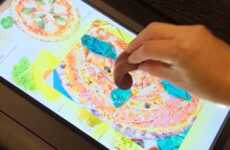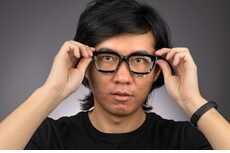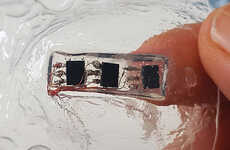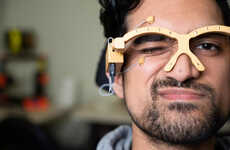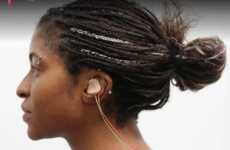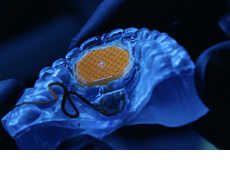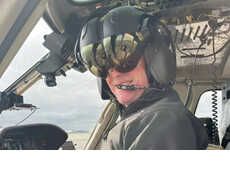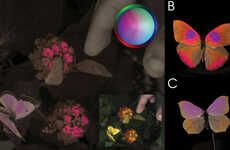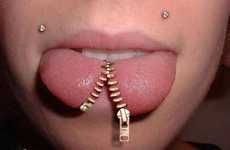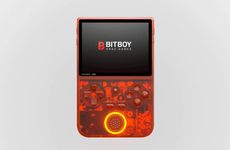
ecoopersmith — August 21, 2006 — Tech
References: abcnews.go & adverlab.blogspot
"By routing signals from helmet-mounted cameras, sonar and other equipment through the tongue to the brain, researchers hope to give elite soldiers superhuman senses similar to owls, snakes and fish." - ABC News.
Researchers envision their work giving Army Rangers 360-degree unobstructed vision at night and allowing Navy SEALs to sense sonar in their heads. In testing, blind people found doorways, noticed people walking in front of them and caught balls. The device, known as "Brain Port", connects to the tongue using a narrow strip of red plastic where 144 microelectrodes transmit information through nerve fibers to the brain.
Researchers envision their work giving Army Rangers 360-degree unobstructed vision at night and allowing Navy SEALs to sense sonar in their heads. In testing, blind people found doorways, noticed people walking in front of them and caught balls. The device, known as "Brain Port", connects to the tongue using a narrow strip of red plastic where 144 microelectrodes transmit information through nerve fibers to the brain.
Trend Themes
1. Tongue-based Sensor Technology - Creating a bio-electronic interface between the tongue and technology offers opportunities to expand human sensory capabilities including possible integration with augmented reality and virtual reality applications.
2. Bio-augmentation for Military Applications - The development of technology which enhances human sensory abilities has significant military applications and may form a new paradigm of defense research and development.
3. Brain-chip Interfaces - The research into creating a direct interface between the brain and technology could have far-reaching implications in the development of hybrid human-machine systems in healthcare, security, and entertainment industries.
Industry Implications
1. Military - The developments in tongue-based sensors for military soldiers could revolutionize night-time missions and allow for more effective combat situations.
2. Healthcare - The combination of bio-electronics and AI can create possibilities for sensor technology to replace sight for visually impaired people and also find valuable use-cases in remote diagnostics.
3. Entertainment - The advent of bio-augmentation technologies via tongue-based sensors and brain-chip interfaces could create a new generation of entertainment for virtual and augmented reality experiences.
3.5
Score
Popularity
Activity
Freshness


